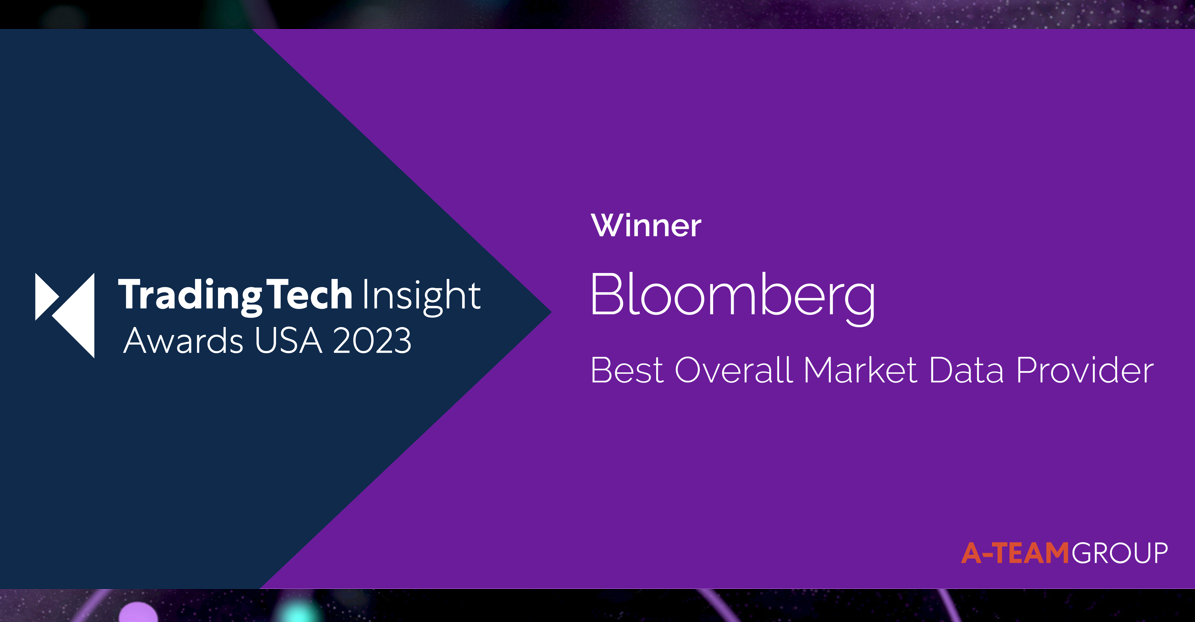Trends in Database Providers: What to Expect in the Upcoming Years
Trends in Database Providers: What to Expect in the Upcoming Years
Blog Article
Key Attributes to Look for When Selecting a Data Source Supplier
Picking a database service provider is an important choice that can significantly affect your company's procedures and information monitoring approach. Amongst the essential features to consider are scalability options, which guarantee that your system can adapt to growing demands.
Scalability Options
When selecting a database service provider, comprehending scalability options is important to making sure that the selected option can fit future growth. Scalability refers to the ability of a database system to increase its capability and performance in reaction to enhanced demand. There are 2 key kinds of scalability: upright and horizontal.
Vertical scalability, or "scaling up," entails boosting a solitary server's resources, such as CPU, RAM, or storage space. This strategy can be uncomplicated and cost-effective for smaller applications but might reach a limit where further upgrades are not practical or as well pricey.
Horizontal scalability, or "scaling out," entails including much more web servers to distribute the load. This approach permits for higher flexibility and can suit considerable increases in information volume and customer web traffic (database provider). It is particularly advantageous for cloud-based data source services that can dynamically allocate sources based on need
.gif)
Safety And Security Measures

When assessing safety and security steps, think about the implementation of encryption protocols (database provider). Data-at-rest and data-in-transit security are vital to make sure that sensitive information remains protected, also in case of a protection violation. Furthermore, look for service providers that offer strong authentication mechanisms, such as multi-factor verification (MFA), to even more boost accessibility control
Normal security audits and compliance with sector criteria, such as GDPR or HIPAA, are a measure of a copyright's dedication to data defense. Moreover, ask about their occurrence reaction strategy; a durable strategy can decrease the effect of any kind of potential protection incident.
Performance Metrics
Reviewing performance metrics is crucial for organizations to make sure that their picked data source copyright fulfills functional demands. Secret performance metrics include response throughput, time, and scalability, which jointly figure out the performance of database procedures under differing loads.
Feedback time is vital, as it mirrors how swiftly the data source can process questions and return results. Organizations must look for metrics that suggest ordinary response times during height and off-peak hours. Throughput, often measured in deals per 2nd (TPS), provides insight right into the data source's capacity to handle high volumes of demands without efficiency destruction.
Scalability assesses the database's capability to expand with the company's demands. A durable data source service provider need to show vertical and horizontal scaling capabilities, enabling for seamless modifications as demands vary. Furthermore, comprehending latency, specifically in dispersed systems, can aid companies review the responsiveness of the data source throughout various geographical areas.
Consumer Support
Reputable consumer support is a cornerstone of reliable data source administration, supplying companies with the support needed to deal with issues and maximize performance. When choosing a database service provider, examining the level of customer assistance they provide is vital. A robust support group must include numerous channels of interaction, such as phone, e-mail, and live chat, ensuring that users can access aid whenever they need it.
Additionally, receptive support groups that are available 24/7 greatly improve the reliability of the data source service. Trigger response times and efficient resolution of issues can dramatically decrease downtime and Web Site increase general performance. It is likewise useful to think about the schedule of devoted assistance workers, that can use customized support based upon an organization's details needs.

Pricing Framework
When thinking about a database copyright, the prices structure is an essential element that can dramatically affect a company's budget plan and total technique. A adaptable and transparent rates model is vital for straightening the database sets you back with business requirements - database provider. Organizations should assess whether the rates is based on usage, per customer, or a flat rate, as each version can yield different financial effects with time
It is very important to evaluate any kind of extra costs connected with the provider's services, such as data storage space costs, transaction costs, and support charges. Some suppliers might offer tiered prices, enabling scalability as the company expands, while others could impose strict limitations that might end up being pricey as information requirements increase.
In addition, organizations must consider the long-lasting value of the database service. While lower preliminary costs can be enticing, they might not make up future upgrades, upkeep costs, or assimilation expenses. Performing a detailed cost-benefit analysis will certainly aid recognize one of the most ideal rates framework that stabilizes efficiency, support, and scalability, eventually making sure that read the picked data source provider straightens with the company's economic and functional objectives.
Verdict
In verdict, choosing a data source company necessitates cautious factor to consider of various essential functions. Examining performance metrics allows the identification of effective data sources, and accessible client assistance enhances the general customer experience.
Selecting a database copyright is an important decision that can substantially influence your company's operations and additional info information administration method.When selecting a database copyright, understanding scalability choices is vital to ensuring that the chosen option can fit future development. When picking a database service provider, examining the degree of consumer assistance they supply is important.When thinking about a database supplier, the prices framework is a crucial variable that can significantly affect a company's budget plan and general method. Performing a thorough cost-benefit evaluation will certainly aid identify the most ideal pricing framework that balances performance, scalability, and assistance, eventually making certain that the selected data source service provider straightens with the organization's operational and financial objectives.
Report this page